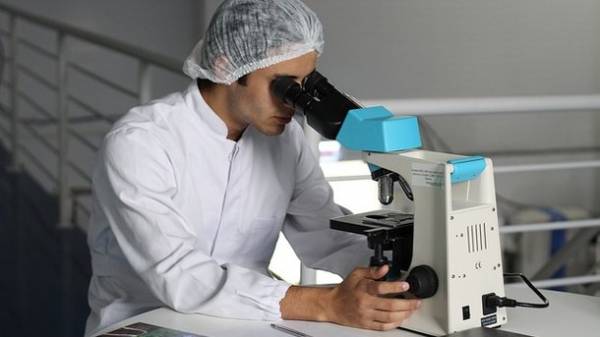
Intestinal bacteria can cause a stroke, the researchers found and published the results of their study in the journal Nature.
It is noted that the experiment was conducted on genetically modified mice, prone to develop vascular lesions in the brain.
Previously, it was found that the intestinal bacteria can lead to problems with the blood vessels of the brain, in particular – to cause everonye malformations, the clinical manifestations vary from no symptoms to intracranial hemorrhage. Inherited forms of this disease are associated with mutations that suppress the genes that regulate growth of brain cells.
During the study, researchers watched two populations of mice over several generations and found that even with the threat of mutations in the mouse is able to develop resistance to such lesions of the brain. And, interestingly, in mice, the brain which developed malformations also have formed abscesses in the abdominal region. They appeared after injection, which in the study received all mouse.
Further analysis showed that the introduction of endotoxins of the bacteria Bacteroides fragilis, in large quantities contained in the intestine, mice with mutations malformation developed, and normal – no. Gram-negative bacteria influence the behavior of cells and genetically modified mice, they caused the overgrowth of cells lining the inner surface of blood vessels of the brain.
The introduction of antibiotics caused a decrease in the number of bacteria by 96% – and decreased the incidence of vascular lesions.







